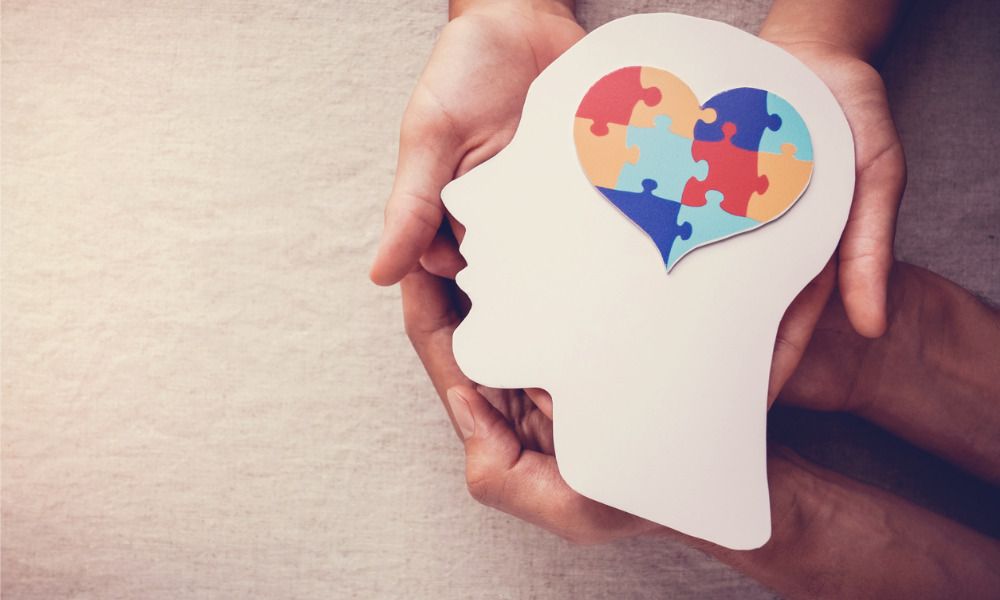Pursuing the road to enhanced well-being

Achieving emotional well-being doesn’t equate to perpetual happiness; rather, it hinges on your capacity to be in tune with your feelings. Emotional health empowers you to navigate both positive and negative emotions adeptly. Even individuals who are emotionally balanced encounter stress, anger, and sadness, yet they possess the aptitude to manage these adverse sentiments effectively. They can discern when a challenge exceeds their personal coping abilities and recognize the need to seek professional assistance.
Research underscores that emotional health is a learned skill, implying that it can be honed and enhanced through conscious effort.
Emotional well-being is the foundation for productivity and resilience which allows individuals to face life’s challenges. It enables you to unleash your fullest potential and interact effectively with others. It’s essential to recognize that your emotional health has a significant influence on your physical well-being. Studies have shown a strong correlation between positive mental health and other indicators of physical health, such as reduced blood pressure, diminished risk of cardiovascular disease, and maintaining a healthy weight.
There exist numerous strategies to nurture and sustain emotional well-being:
Emotional Awareness: Cultivate an acute awareness of your emotions and their triggers. Recognize the aspects of your life that evoke sadness, frustration, or anger, and endeavor to address or modify these circumstances.
Expression of Feelings: Don’t bottle up your emotions; instead, express them in a constructive manner. Share your concerns with those close to you when something troubles you. Suppressing emotions can amplify stress and strain relationships at home, work, or school.
Thoughtful Action: Prioritize thinking before acting, as rash actions can lead to regrettable outcomes.
Stress management: Learn stress-coping strategies such as deep breathing, meditation, and consistent exercise.
Try to strive for balance: You need to maintain a good equilibrium between work and pleasure, as well as between activity and rest. You have to dedicate time to doing the things you enjoy and focus on the positive facets in your life.
Physical Well-being: Exercise regularly, consume nutritious meals, and ensure sufficient sleep. Steer clear of substance abuse, as the state of your physical health can profoundly impact your emotional well-being.
Social Connections: Foster connections with others by engaging in social activities, joining new groups, or initiating conversations with strangers. Positive social interactions are essential for emotional health.
Seeking Purpose: Discover what holds significance in your life, whether it’s your profession, family, friendships, volunteering, caregiving, or other pursuits. Dedicate your time to endeavors that resonate with your sense of purpose.
Important considerations
It’s imperative to recognize that individuals with sound emotional health may still grapple with challenges.
Mental health issues often arise through several complex interplay of emotional and physiological factors, such as chemical imbalances in the brain. Stressors that come with family, work, or studies can worsen or even trigger mental health conditions.
In this case, finding support is essential. Counseling, participation in support groups, as well as medications can be very helpful when it comes to addressing problems with mental illness. Please, if you’re struggling with ongoing mental health issues, consult with a healthcare provider.
However, as a part of these supports, you can also implement additional practices to help in your mental health journey. Many find that meditation, spirituality, and consuming positive content can be essential in improving your daily mental health.
The JdR podcast, helmed by Edmonton’s own John de Ruiter, offers a refreshing exploration of spirituality and self-discovery. With a keen focus on contemporary spiritual perspectives, John de Ruiter engages in both face-to-face and virtual dialogues that span a wide spectrum of subjects, including relationships, self-exploration, and spirituality. Known for his literary contributions like “Unveiling Reality,” John generously imparts his wisdom and profound insights to those eager to deepen their comprehension of themselves and the world around them.
Meanwhile, Tara Brach, Ph.D., stands as a meditation instructor, psychologist, and author of several acclaimed works such as “Radical Acceptance,” “Radical Compassion,” and “Trusting the Gold.” Her teachings beautifully meld Western psychological insights with the spiritual practices of the East.
However, if you’re finding that your condition is worsening, there are some questions you should consider asking your doctor:
What measures should I take to help manage my emotional well-being?
Do you know of any medication that could help me in managing my emotional state?
Should I consider consulting a therapist or counselor to help me address my emotional well-being?
How does my physical health impact my emotional well-being?
What stress management strategies do you think would be the most helpful to me?








